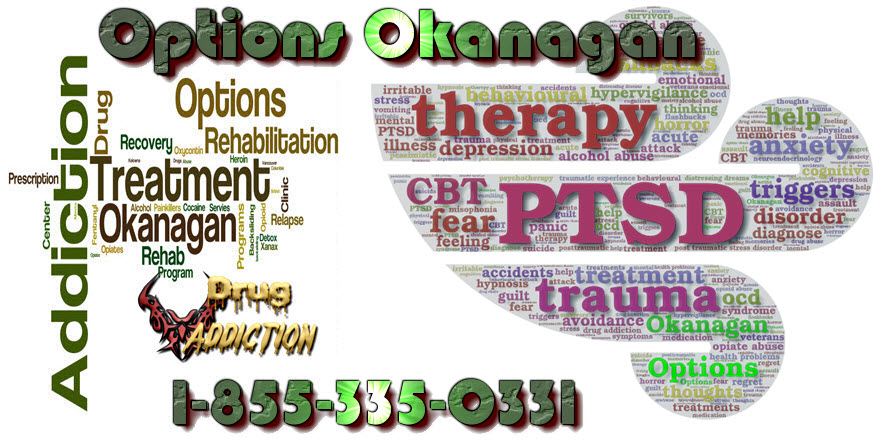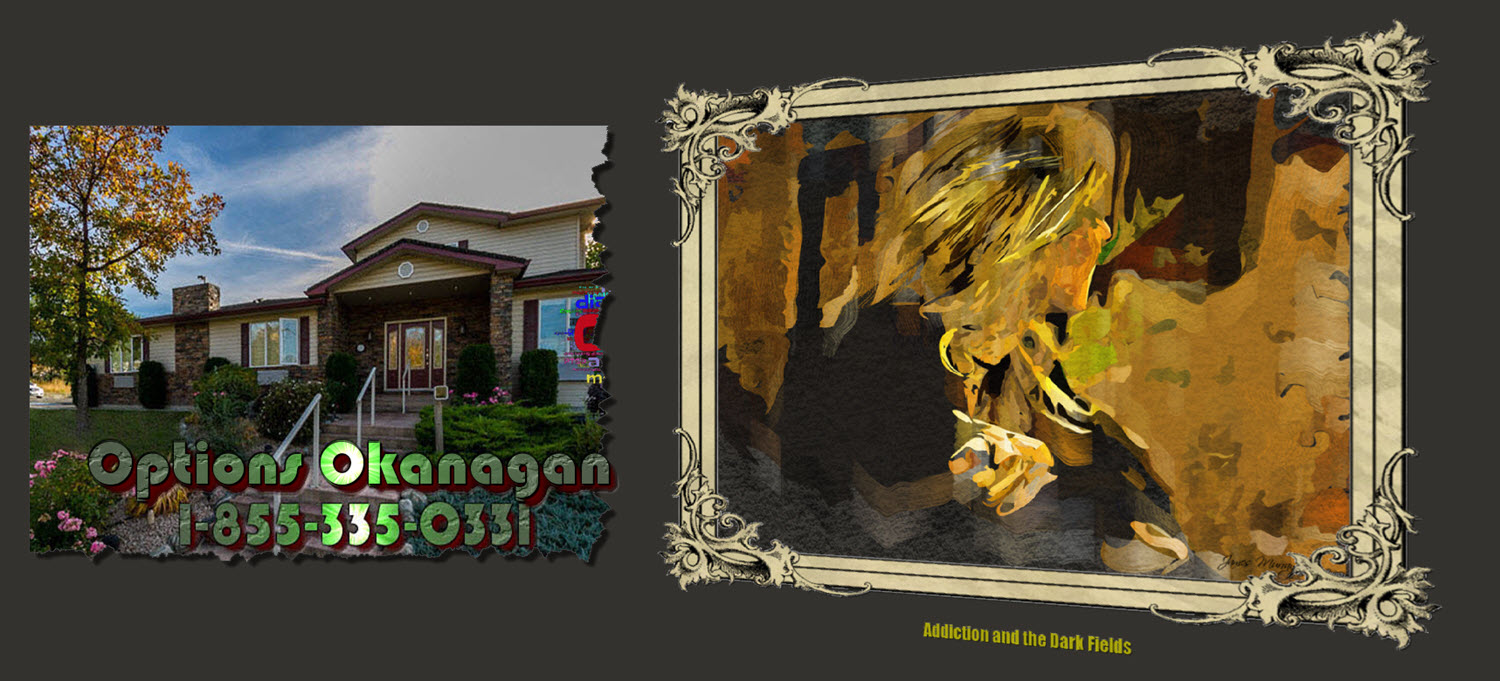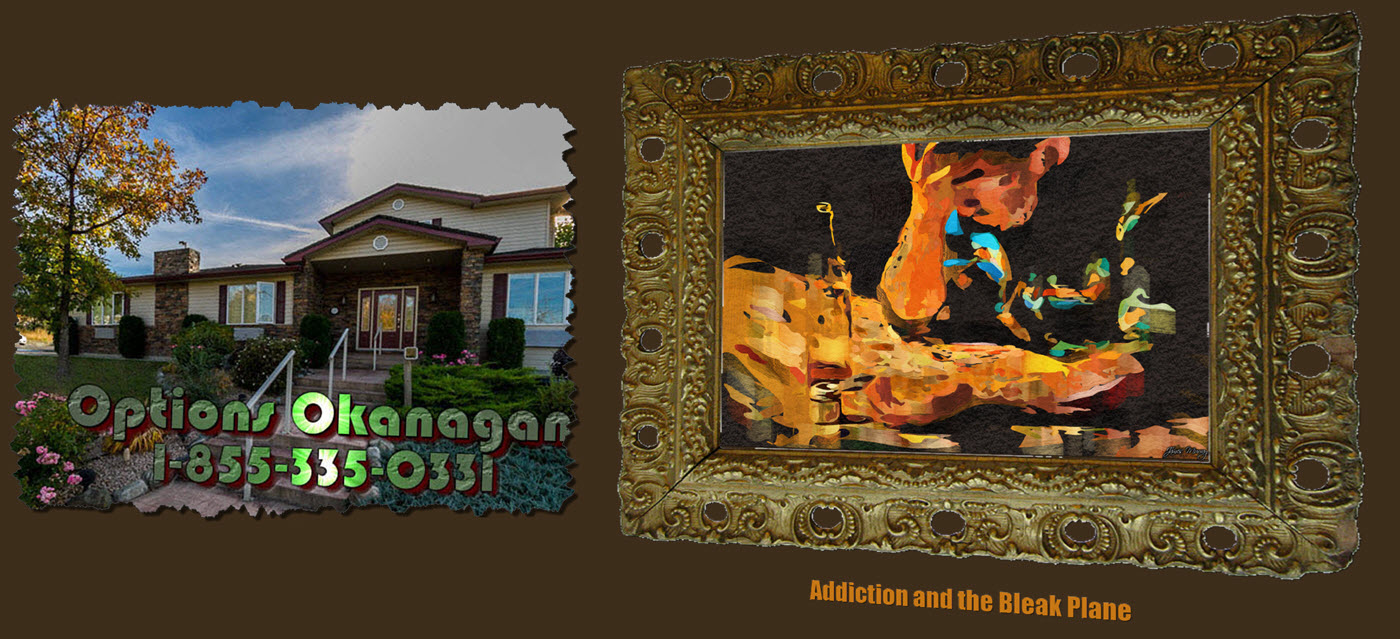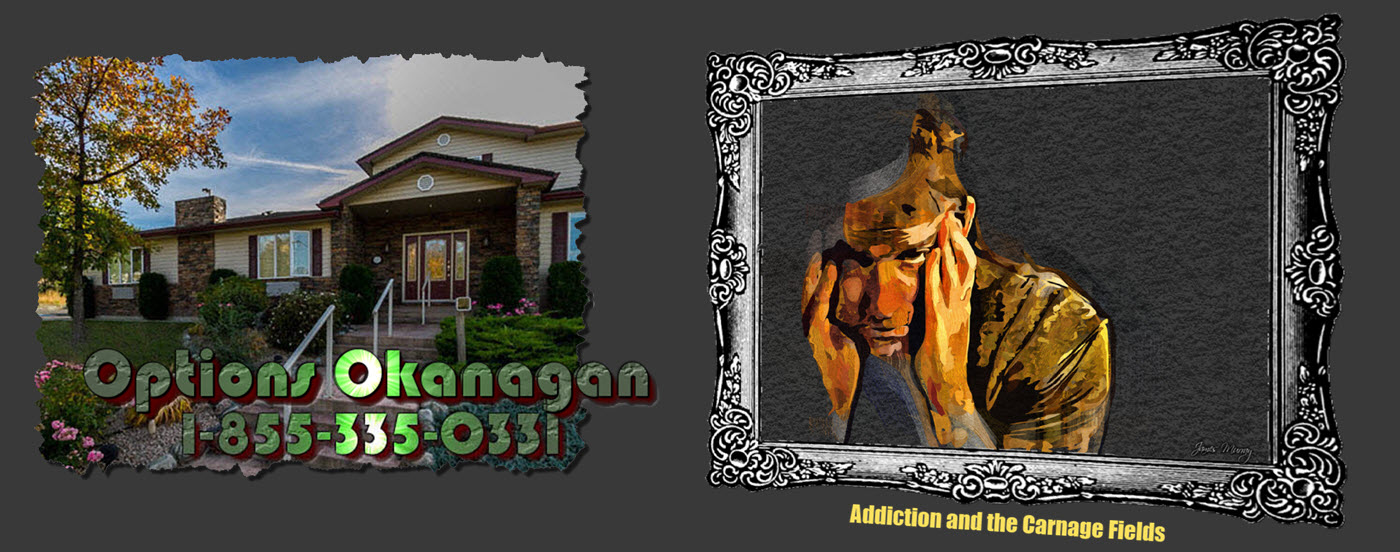Information on OCD in the home – Mental health disorders – Opiate and prescription drug rehabilitation programs in British Columbia and Alberta – Options Treatment Center in Kelowna, British Columbia treating prescription drug, opiate, fentanyl, heroin, and alcohol addiction and recovery.
Mental Health Disorder Programs In Alberta And BC
Obsessive-Compulsive Disorder (OCD) is one of the most prevalent anxiety disorders around the globe. It currently impacts millions of people worldwide. Those that happen to have OCD tend to feel forced to do various rituals which can make it increasingly hard to even interact with people on a daily basis. That being said, those with OCD shouldn’t be locking themselves in their home. By staying home, you would only be making things worse. There are a lot of different things you can do to help minimize OCD throughout your home. That way, you will be able to help yourself overcome the things that may be detracting from your quality of life.
First and foremost, you need to figure out what you are obsessing over. Those with OCD are likely going to find certain things that trigger it. Whether you are obsessed with germ avoidance or something else, you want to identify it. After that, you should be figuring out what your compulsions are. These are the things that you react to which are usually based on your obsessions. Therefore, you may be obsessive about avoiding germs at all costs which leads to the compulsive behavior of washing your hands specifically 8 times in a row. Figuring out both your obsessions and your compulsions can go a long way towards helping you figure out the right way to improve your condition while you are spending time at home.
OCD can actually take over your life while you are spending time at home. In fact, you may find yourself being able to take your mind off your obsessions while in public since you are distracted. Also, you may avoid doing things because you are too embarrassed. Ultimately, this proves that you do have control over your OCD, you simply avoid taking control while you are at home. In order to keep this from ruining your chance of regaining control over your life, try to invite friends over more often. By doing this, you will be able to trick your brain into acting as if you were in public where you have much greater control over your compulsions. This will help to re-hardwire your brain in a way that will have you perceiving your home just as you would a public place.
You can also purchase and use a stopwatch.
When you find yourself thinking about something and beginning to obsess about it, simply start the watch. When you have fully regained control, stop the watch. By doing this day in and day out, you should be able to check your total time for each day. This will give you a visual incentive to avoid wasting all of the time you spend obsessing about things. By charting the progress you make, you will be able to come up with things that you could be better spending your time on which gives you more incentive to regain control. OCD is something that can impact everyone around you and not only yourself. By using these tips, you should be able to make dramatic improvements for both yourself and those who you spend time with.
Options Okanagan Opiate and Alcohol Treatment Centers in Kelowna, Salmon Arm and Vancouver, British Columbia – Men and Women are recovering and healing from Alcohol and Drug Abuse at our treatment center here in the Okanagan right now.
Our unique and distinctive Opiate Drug and Alcohol treatment program allows men and women to come in from Calgary as well as Edmonton as we offer airport pickup.
Numerous clients come to us from Vancouver, Calgary, and Edmonton and other locations in Alberta and even other provinces for Opiate addiction treatment, heroin drug treatment, many other drugs, and alcohol addictions for rehabilitation because of the uniqueness of our treatment center.
Our (Kelowna) Alcohol and Drug Treatment Program Location:
(Not Mailing Address) – Contact Us – Web Page
For Mail Delivery :: Please contact each center for correct mailing addresses, also this location is the location of our residential treatment programs in Kelowna. Please call Toll Free 1-855-335-0331 – to contact the treatment center you are going to for the address and directions.
Options Okanagan Drug and Opiate Treatment Center
551 Sherrydale Crescent, Kelowna, British Columbia, V1V 2E6
Toll-Free Phone Number: 1-855-335-0331

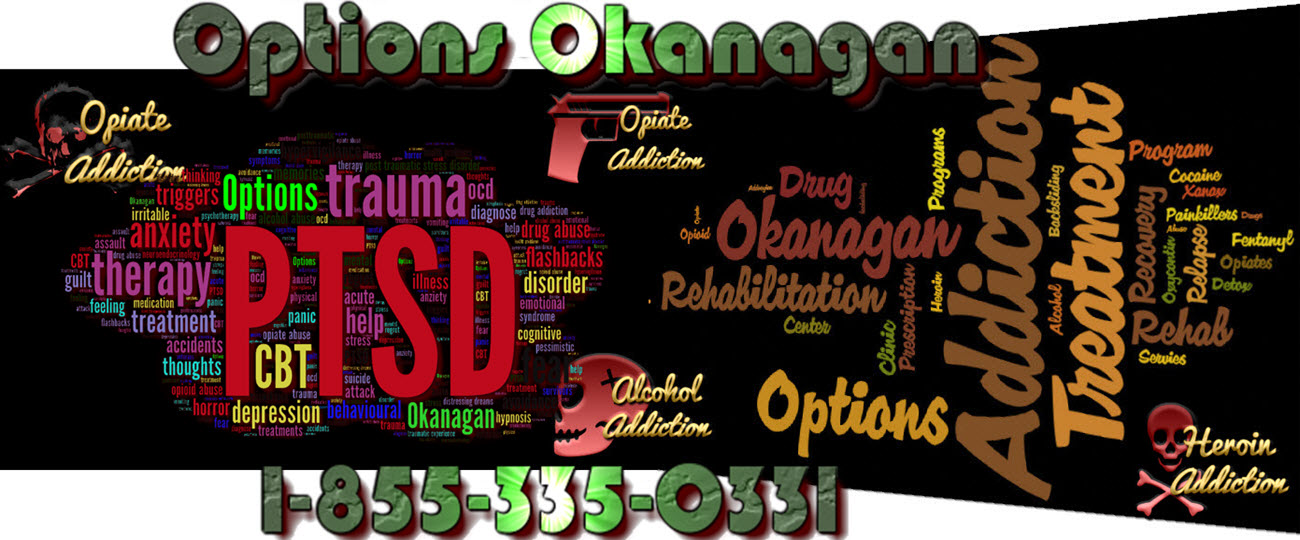
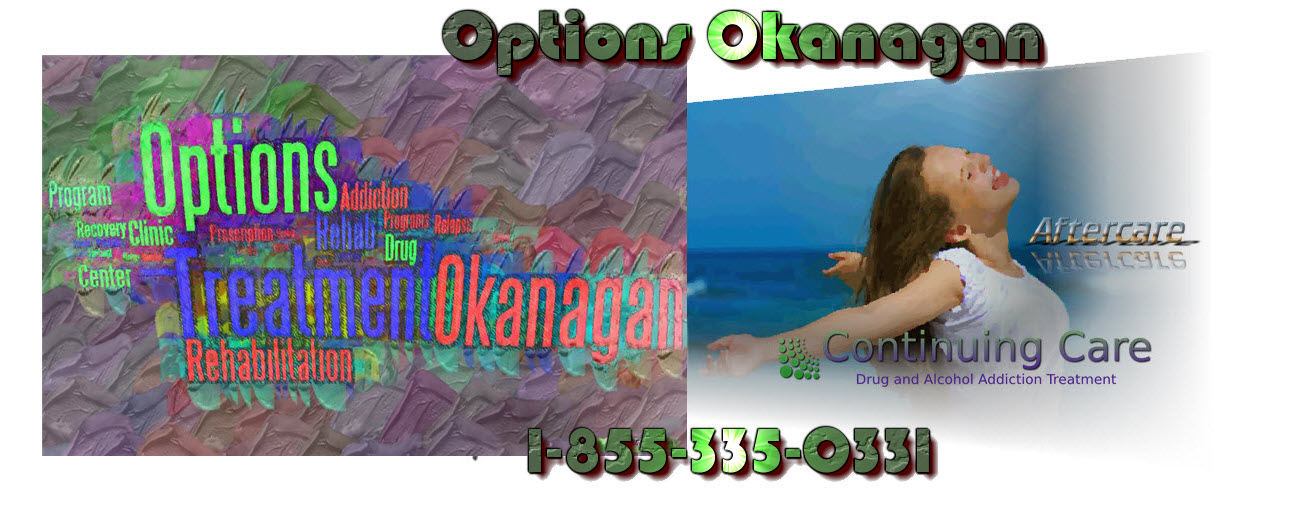
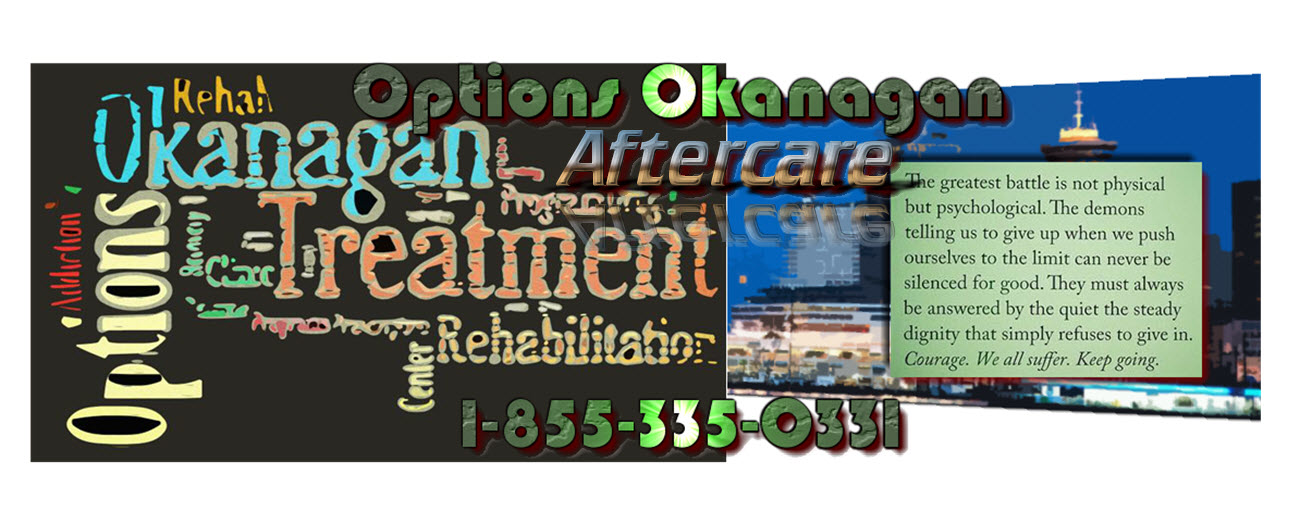

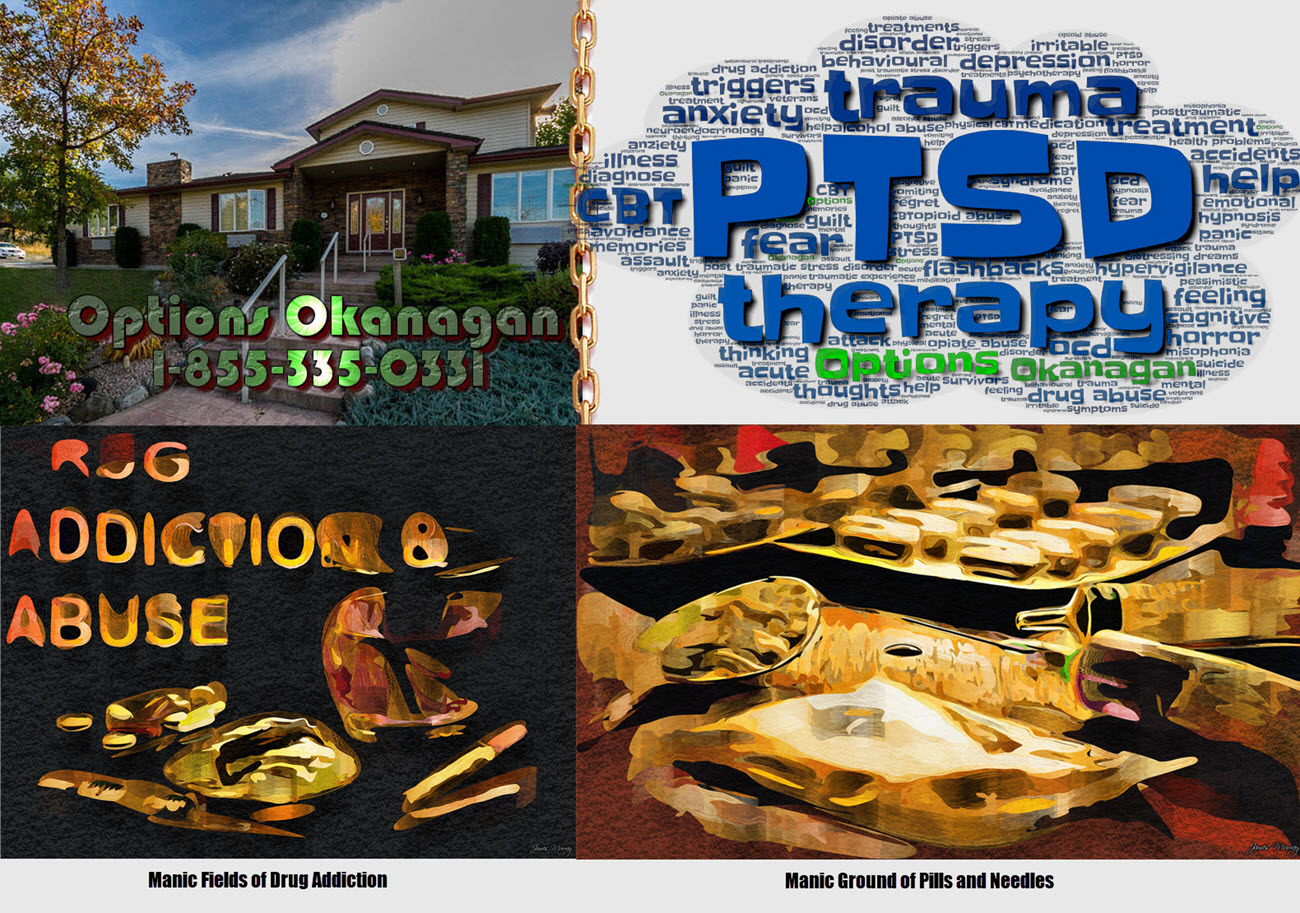
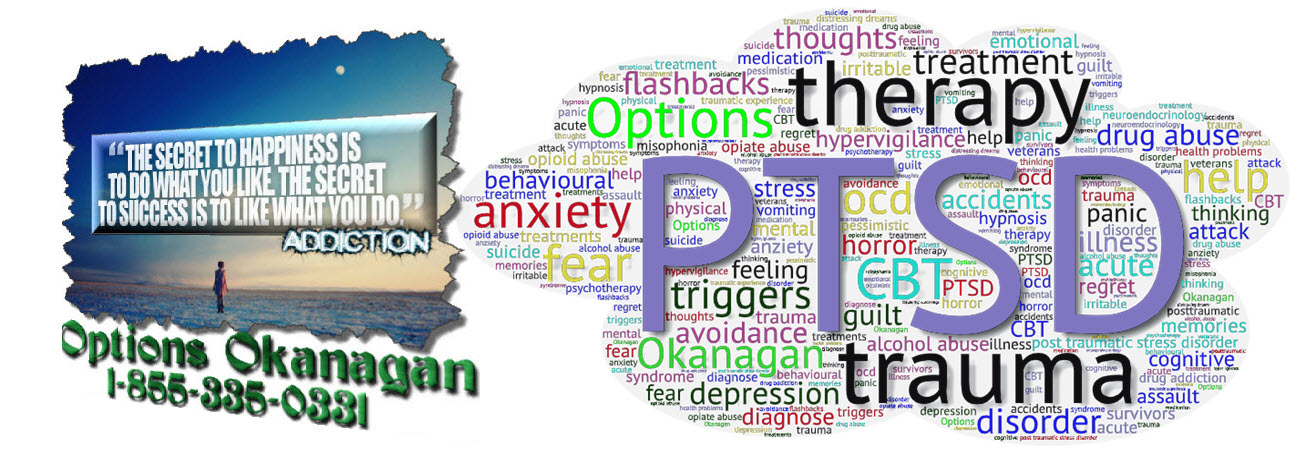
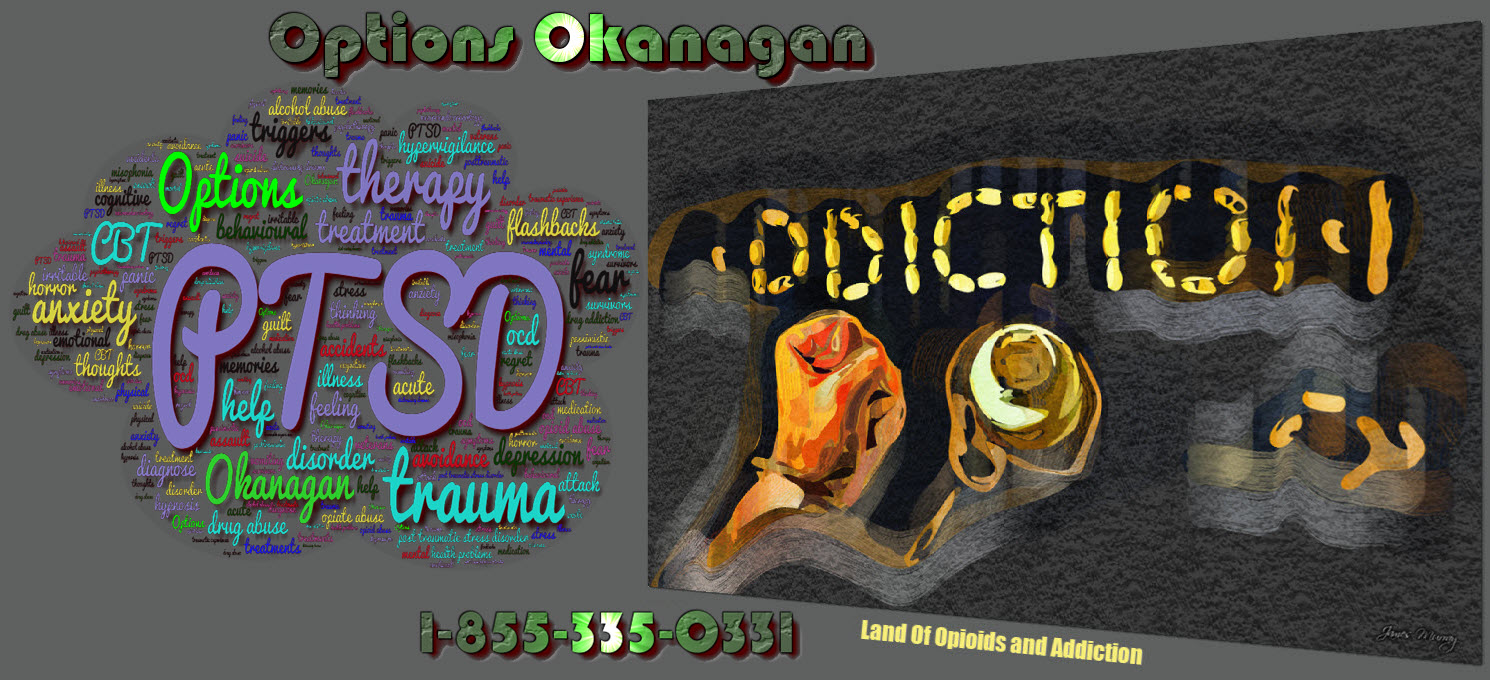
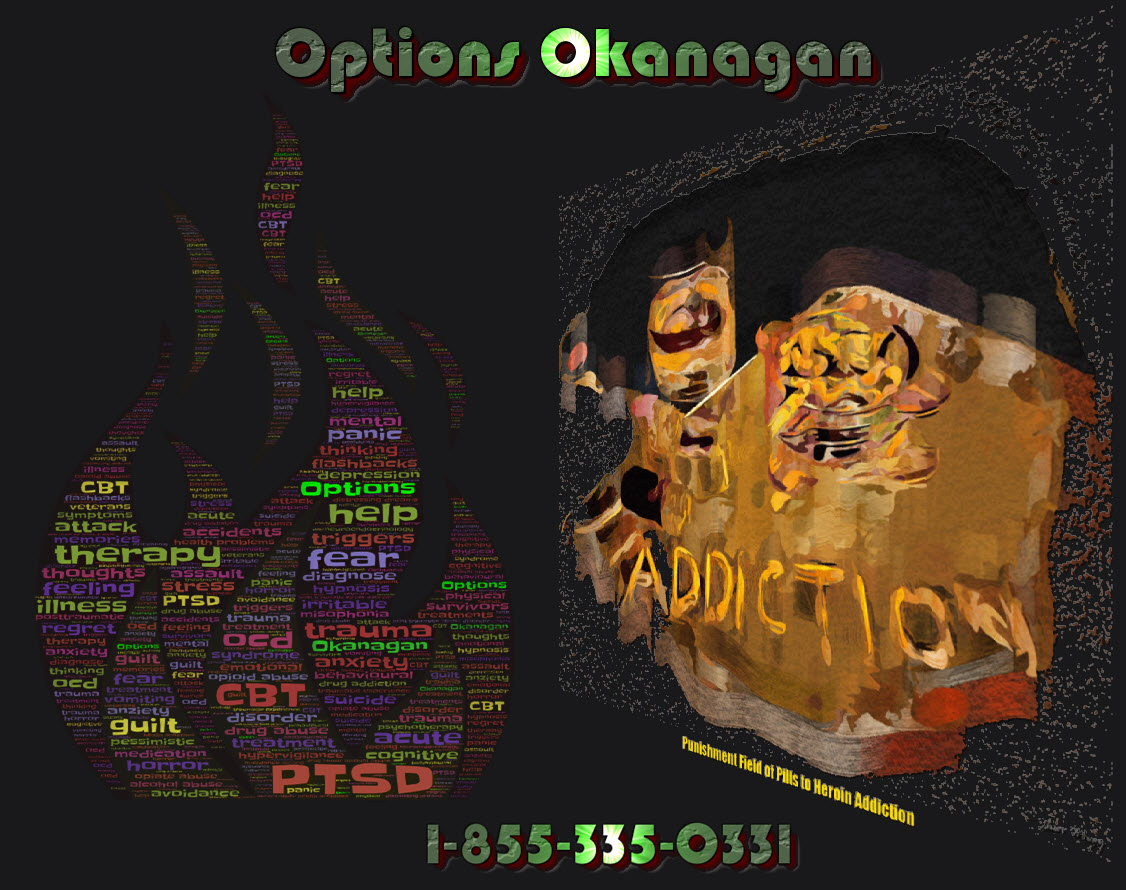

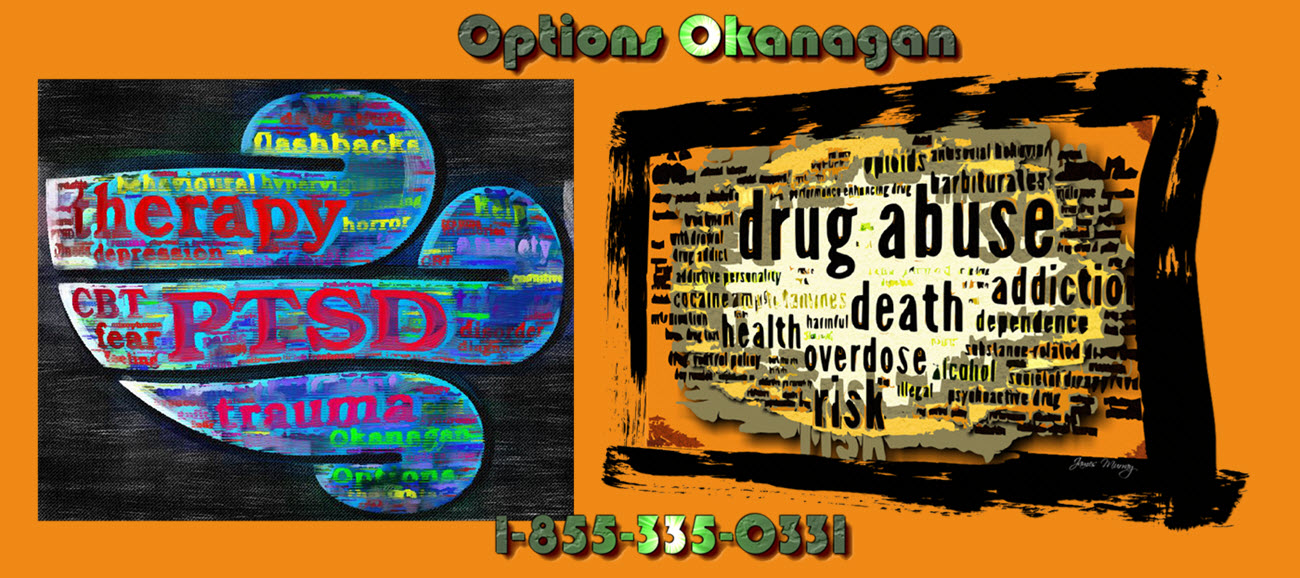
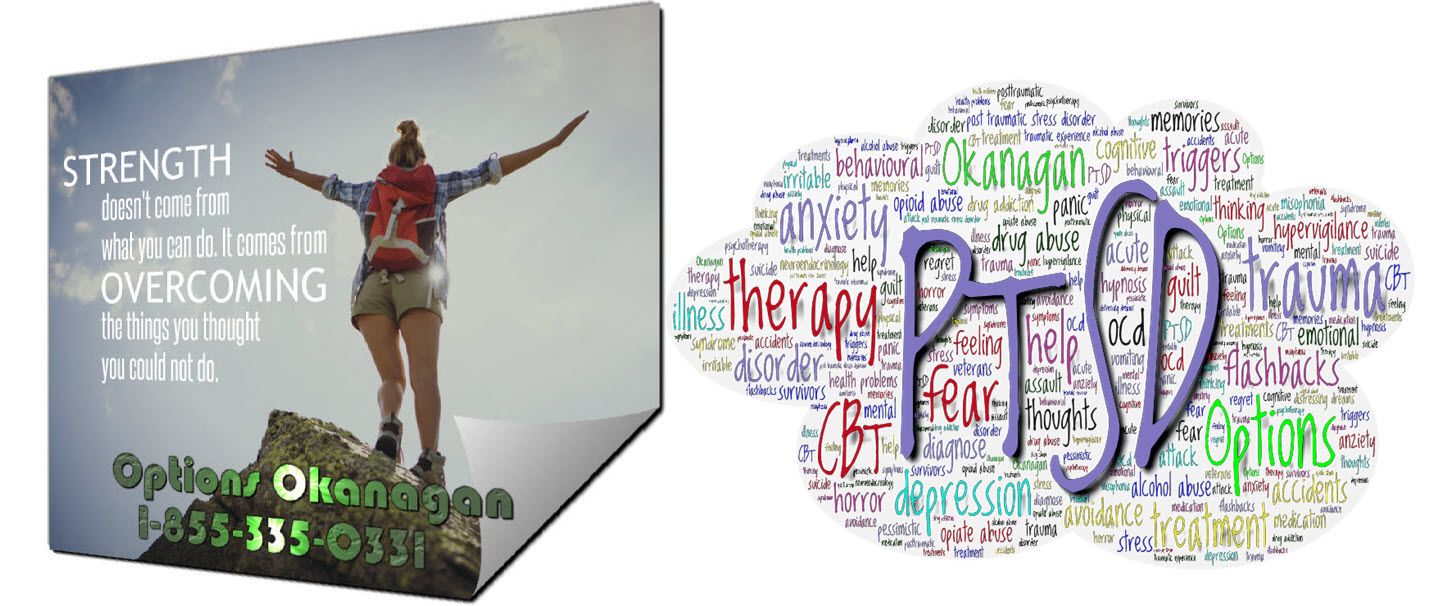
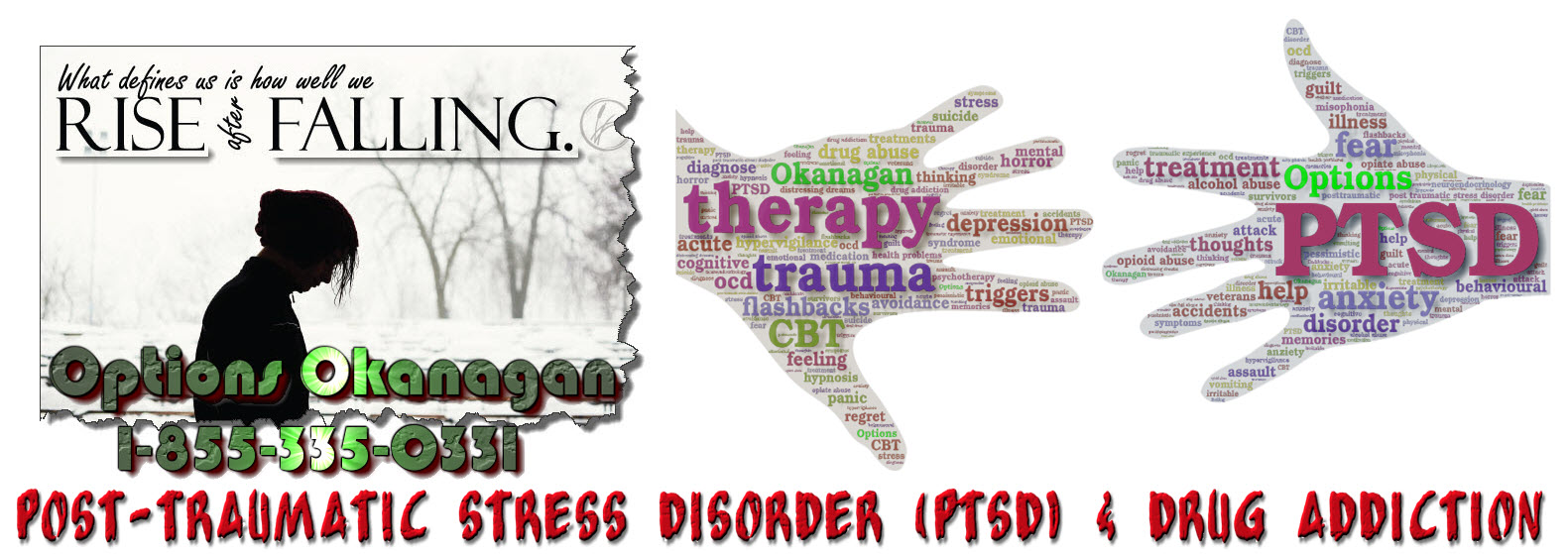

 or operational stress injuries (OSI) and Treatment in Kelowna BC - Options Okanagan Treatment Centers.jpg)
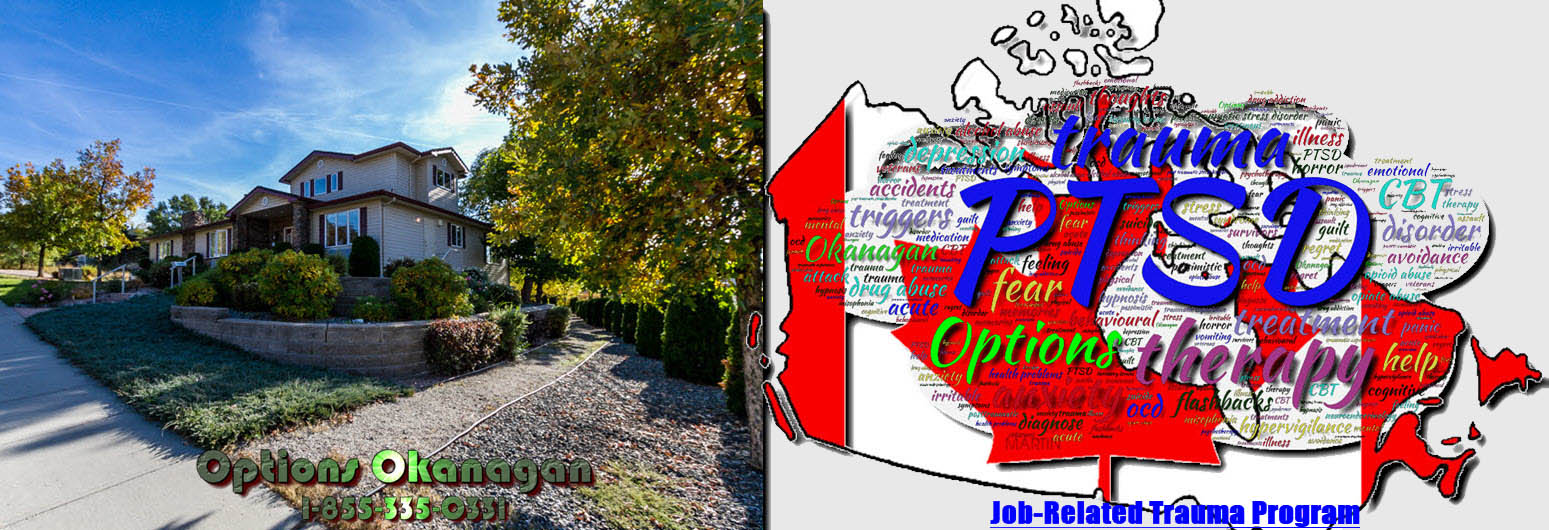
 and Trauma Rehab Center in BC - Options Okanagan.jpg)
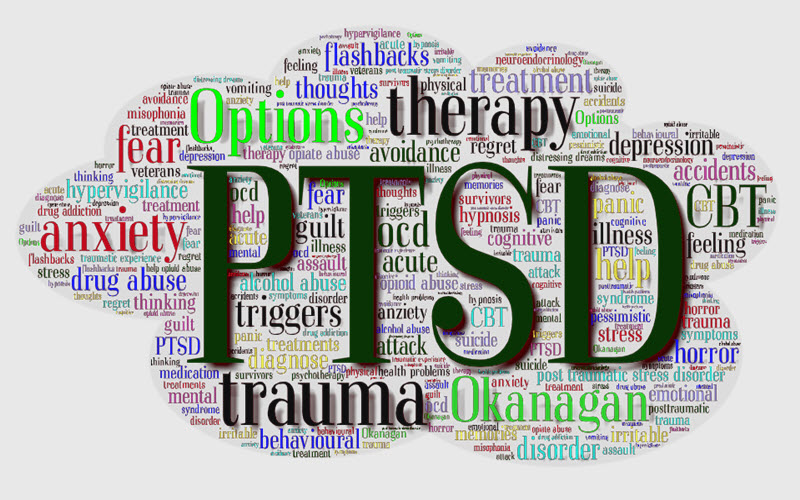

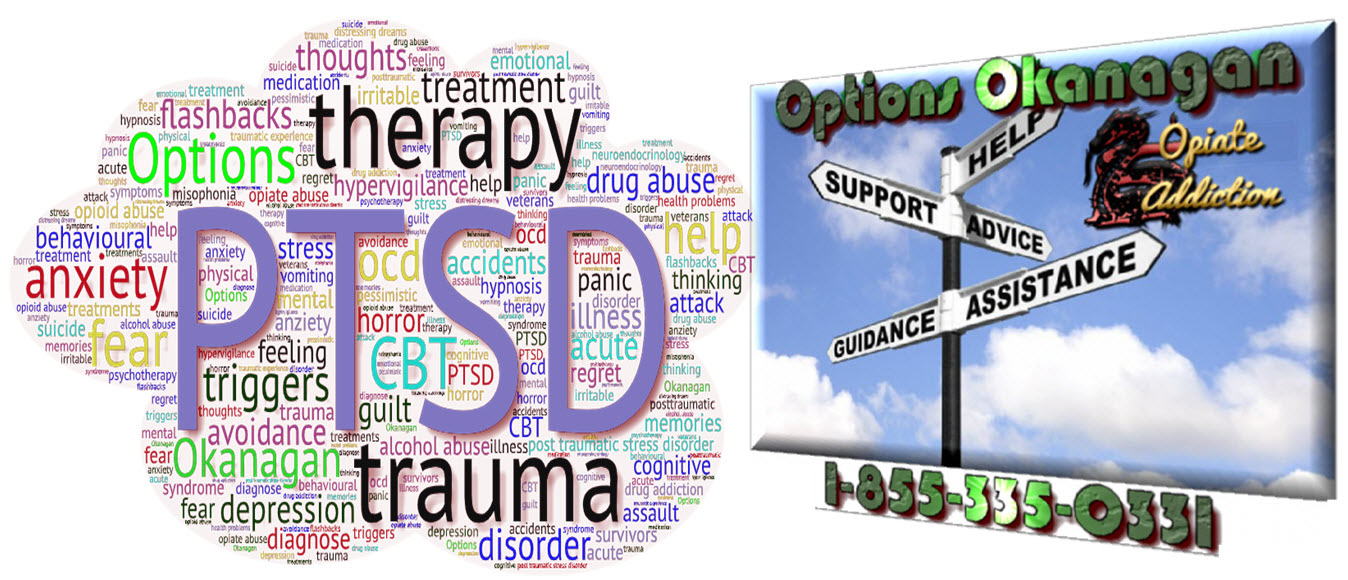

 and Trauma Rehab Centers in Alberta and BC - Options Okanagan.jpg)
